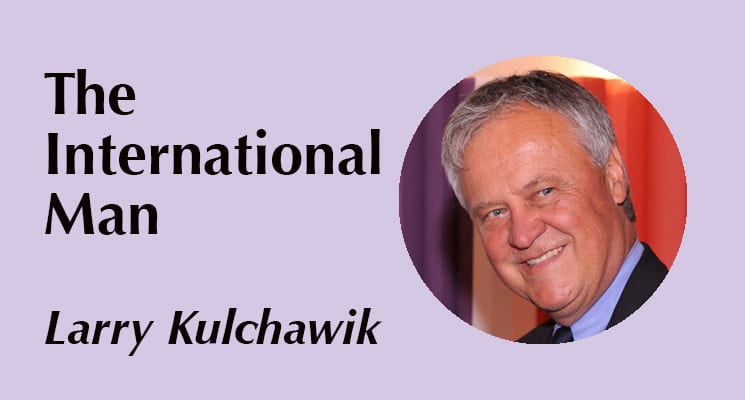by Larry Kulchawik
Many of the top industry global tradeshows take place in Germany. Every year there are about 150 international tradeshows in which more than 180,000 exhibitors participate. Germany has been the first international site experience for many of us in the expo industry, with EuroShop in Dusseldorf being the granddaddy of tradeshows for tradeshow suppliers and exhibitors. Plan to attend in February 2020 for a valuable experience.
Much of my early career in the expo industry was spent working for exhibit design companies in Chicago as a designer, detailer and project manager for the fabrication of exhibits. My detail drawings for construction were often changed by our German carpenters who worked for an exhibit builder in the U.S. and were German-trained cabinet makers. They insisted on doing it right—meaning stronger and safer. I often followed their advice, short of overbuilding, after all, “it’s only an exhibit!”
Side note: The U.S. invests $200 million a year in training for skilled labor jobs. Germany invests $3.5 billion. Can this be why there are so many skilled German carpenters working in the U.S.?
In many respects, Germans can be considered masters of planning. Their culture encourages forward thinking and knowing what they will be doing at a specific time on a specific day. The German thought process is extremely thorough, with each aspect of a project being examined in great detail. Careful planning, in one’s business and personal life, provides a sense of security.
Most Germans feel quite comfortable in a tight time framework that would irritate most Americans and British. But Germans do not like surprises. Sudden changes in business transactions, even if they may improve the outcome, are unwelcome. Business is viewed as being very serious, and Germans do not appreciate humor in a business context. In addition, counterparts do not need or expect to be complimented. Work and personal lives are rigidly divided, and Germans subscribe to the ideal that there is a proper time and place for every activity.
When doing business in Germany, it is essential that you respect the fact that business etiquette is of great importance to your German counterpart. Germany is a nation that is strongly individualistic, and demands the utmost respect at all times, therefore the highest of standards are expected. Any unethical behavior will seriously diminish all future business negotiations.
Exhibit design
If your company has established a branded exhibit design look, then ask your exhibit designer to create a conceptual design that will work in Europe. In my opinion, these are biggest differences in exhibit design from the U.S.—a raised floor, a bar area and private meeting rooms. Graphics are clean and minimal without long clutter statements. With this design, take your idea to one or two European exhibit houses and ask for a turnkey quote. Most exhibit supplier companies in Europe are very familiar with the expectations for shows in Germany, but in my opinion, working with a German company is best.
Depending on the German city you are in, you will find interesting places to see (other than the convention center) as well as experience excellent restaurants and pubs. Wherever you are in Germany, the Germans are friendly and helpful towards visitors. Don’t hesitate to ask someone for help. Most all speak English as well as a third language.
There is so much more to say about doing a tradeshow in Germany, but space for this article is limited. Have a look at my books chapter on doing tradeshows in Europe and Germany for further info. Also, work with an EDPA or IFES partner when jump starting your project planning.
Viel Glück! (Good luck!)
Larry Kulchawik is the head of Larry Kulchwawik Consulting and author of “Trade Shows from One Country to the Next.” For more info, visit www.larrykulchawik.com
This story originally appeared in the September/October issue of Exhibit City News, p. 20. For original layout, visit https://issuu.com/exhibitcitynews/docs/ecnflipbook_septoct_2019_web






























